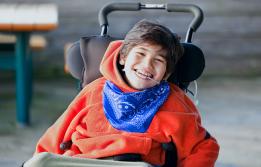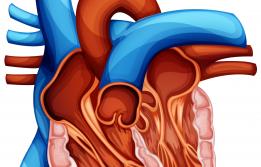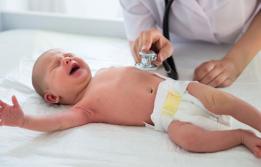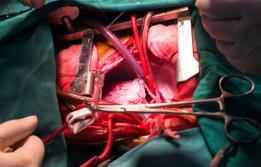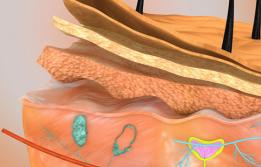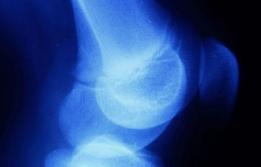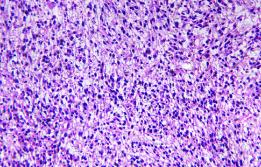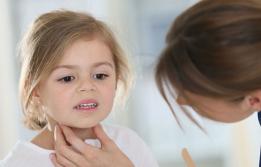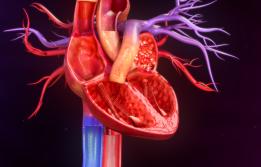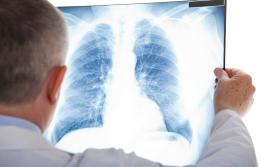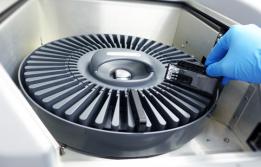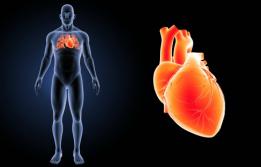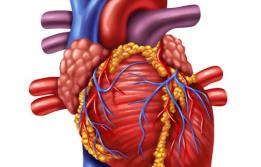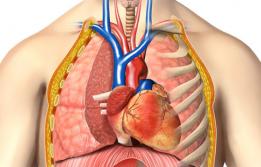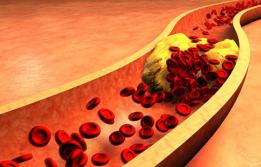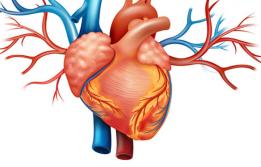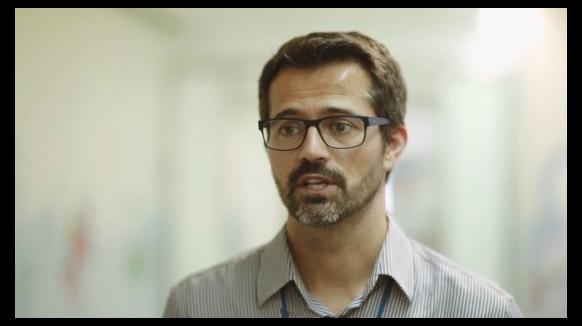Paediatric Surgery
Description
We offer residents the opportunity to master infant surgical pathology, physical examination and interpretation of clinical symptoms in patients who are often unable to express themselves or explain their medical history due to their age.
We train residents in the most common surgical techniques in the specialisation from general surgery, hepatobiliary and pancreatic surgery, colorectal surgery, oesophagogastric surgery, and paediatric digestive surgery. Our residents also carry out neonatal surgery, paediatric thoracic and surgical oncology, paediatric urology, paediatric maxillofacial surgery and paediatric plastic surgery.
Residents take part in duty shifts in all the subspecialisations of paediatric surgery with the support of the paediatric surgery staff and a resident medical intern. Laparoscopy is currently commonly used by different areas and units within the Digestive System Department, such as neonatal care and urology.
During the first two years of the residency, rotations are carried out in General Surgery, on the paediatric surgery ward, in Outpatient Surgery and Digestive Surgery. The remaining three years are spent in Urology, Oncology and Thoracic Surgery, Neonatal and Research, Maxillofacial and Plastic Surgery. The final year of training is dedicated to optional rotations, Transplant Surgery and a stay at a hospital abroad, with the option to repeat one of the previous rotations.
Residents are obliged to undertake duty shifts during their training period. Apart from the months during the general surgery rotation, duty shifts in Paediatric Surgery are carried out at the Maternity and Children's Hospital.
As far as research is concerned, participation in the department’s active lines of research is stimulated, as well as proposals for any research project that may or may not be related to them and which may result in a doctoral thesis.
The Vall d’Hebron Research Institute maintains different well-established lines of paediatric research, in areas such as experimental surgery, and foetal surgery in particular. In 2015 we created the Congenital Defects Surgery Cellular Therapy bioengineering group , which currently carries out research on spina bifida focusing on prenatal and perinatal aspects. In addition we undertake research on amniotic bands, gastroschisis, oesophageal atresia, congenital diaphragmatic hernias, diaphragmatic and labio-palatine fissure reconstruction, and research into treatments for premature birth.
Accredited places: 1
Download the Unit training programme
Why should I specialise at Vall d’Hebron?
- Because we undertake surgery planning sessions during which the most interesting and complex cases in the different paediatric specialisations are discussed.
- Because we are patient-focused, and once a month, residents of paediatric surgery prepare and present a clinical case resulting in some kind of complication.
- Because in the Paediatric Surgery Unit we hold continuous professional development sessions to keep up to date with the latest knowledge, research methods and new technologies.
- Because we are one of 25 centres in Europe to be recognised as a centre of excellence for paediatric surgery training by the European Board of Paediatric Surgeons.
- Because we are pioneers in the use of Da Vinci® robot-assisted surgery for safe endoscopic procedures.
- Because we pioneered the first paediatric kidney transplant in 1981, and the first paediatric liver transplant in 1985.
- Because we have created successful surgical techniques to increase the number of viable donations, such as reduced-liver transplants and split-liver transplants.
- Because we have the first Foetal Surgery programme, which began in 2001.
- Because we were the first to treat severe congenital diaphragmatic hernias and the first centre worldwide to undertake fetoscopic repair of myelomeningocele.
- Because Paediatric Oncology at Vall d’Hebron is a national and international leader with the highest number of patients in the country.
- Because we treat the most complex cases in paediatric patients with polytraumatism.
- Because we also encourage residents to carry out external rotations in leading international centres.
- Because in Neonatal Surgery we offer the chance to do rotations in experimental surgery or research, as the Head of this Unit is also Head of Research.
- Because we motivate residents to attend congresses and there are frequent opportunities to attend various conferences such as the National Paediatric Surgery Congress, the Congress of the Mediterranean Association of Paediatric Surgeons, the Catalan Paediatrics Society Annual Meeting, the Catalan Language Paediatricians’ Congress and the Annual Meeting of the Spanish Paediatrics Association.
- Because we offer the option to do a rotation in liver and intestinal transplant.












